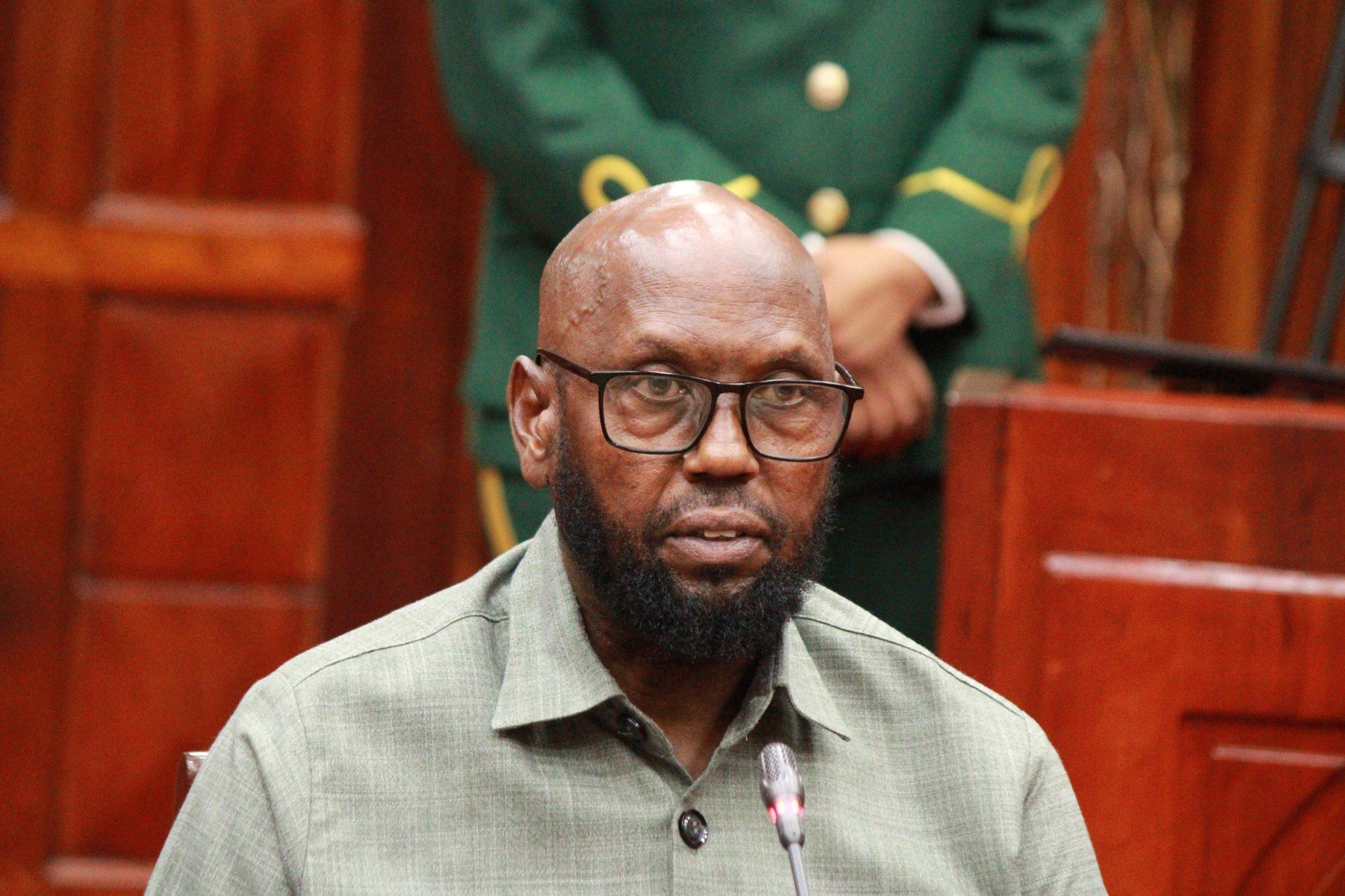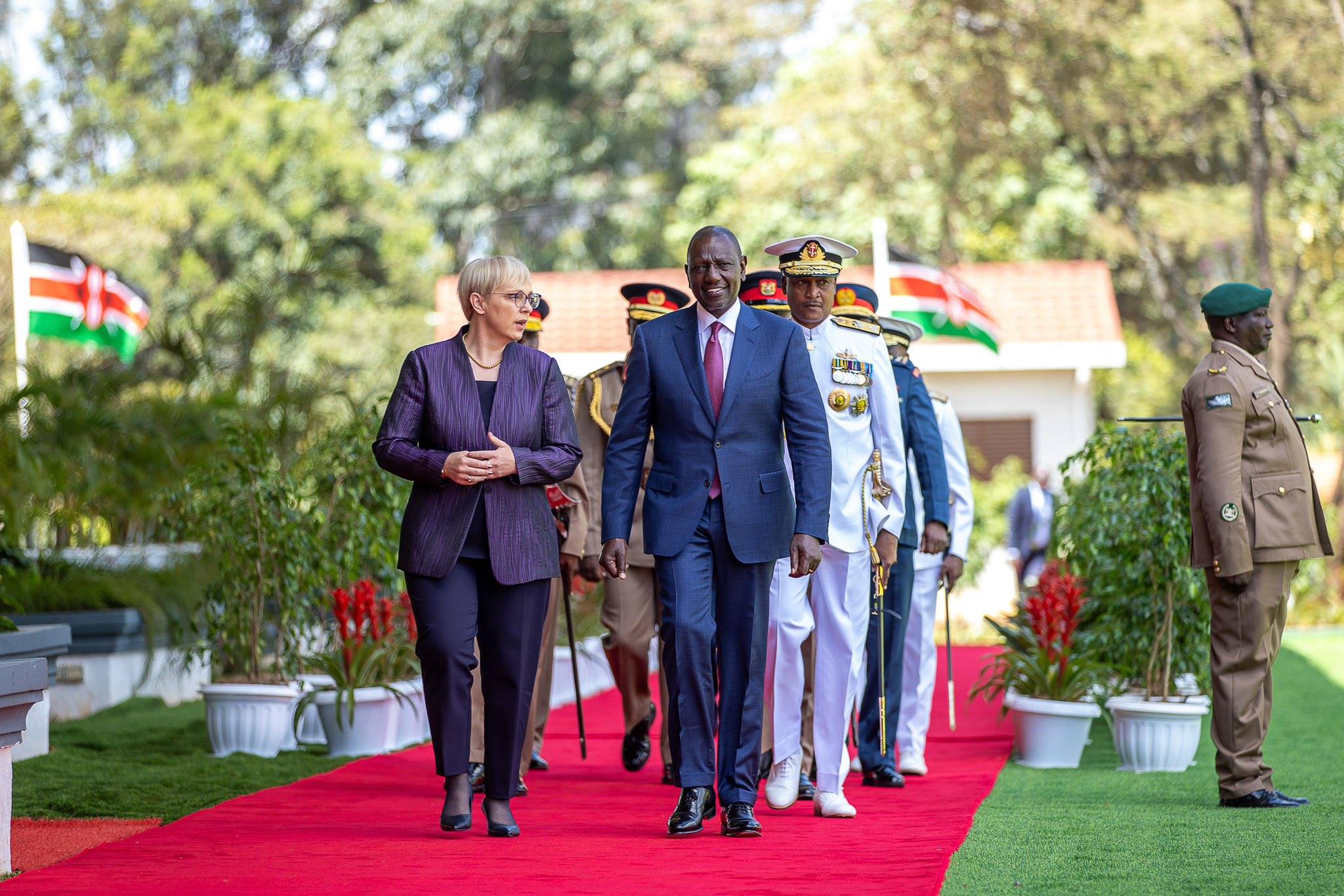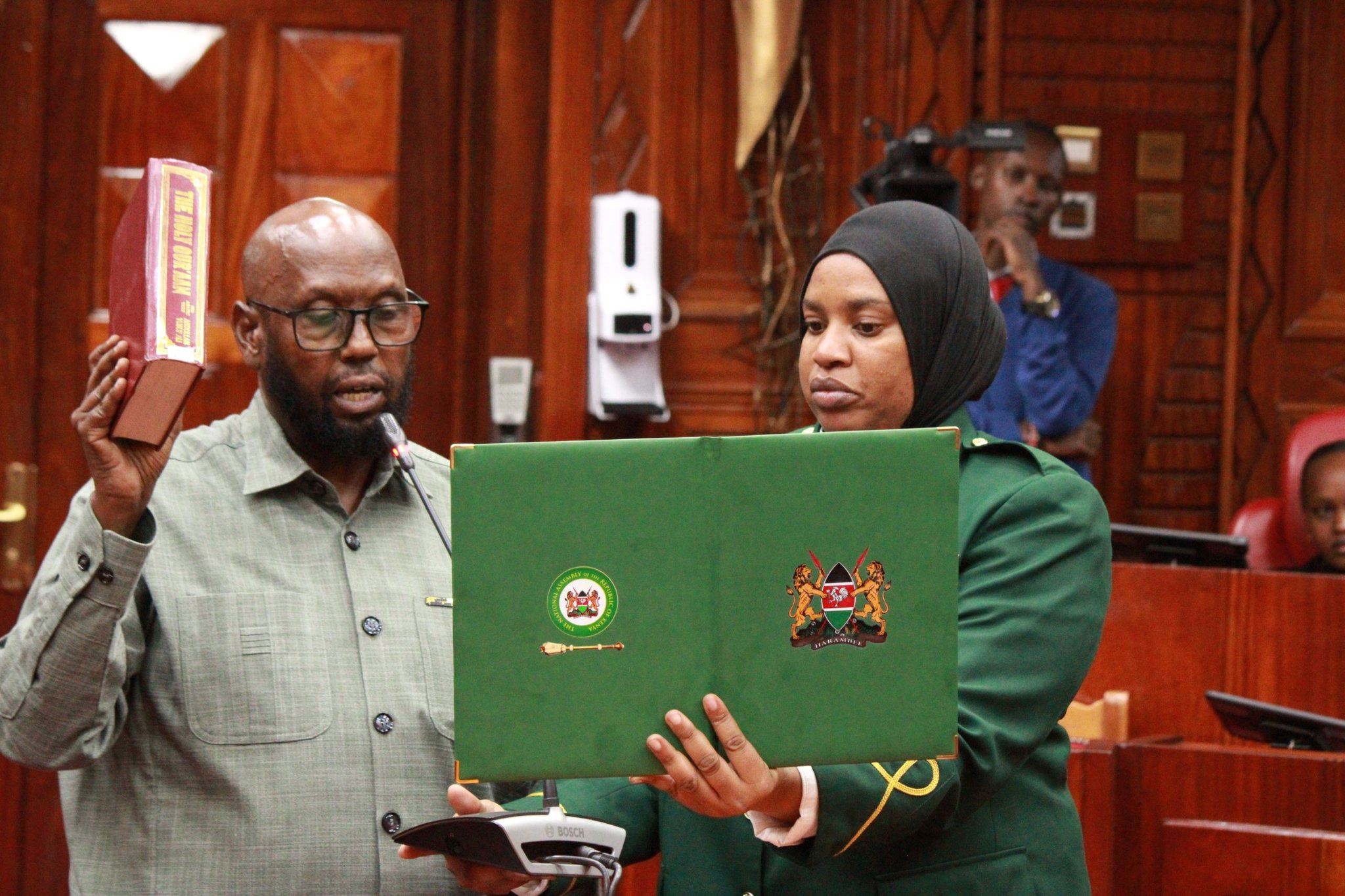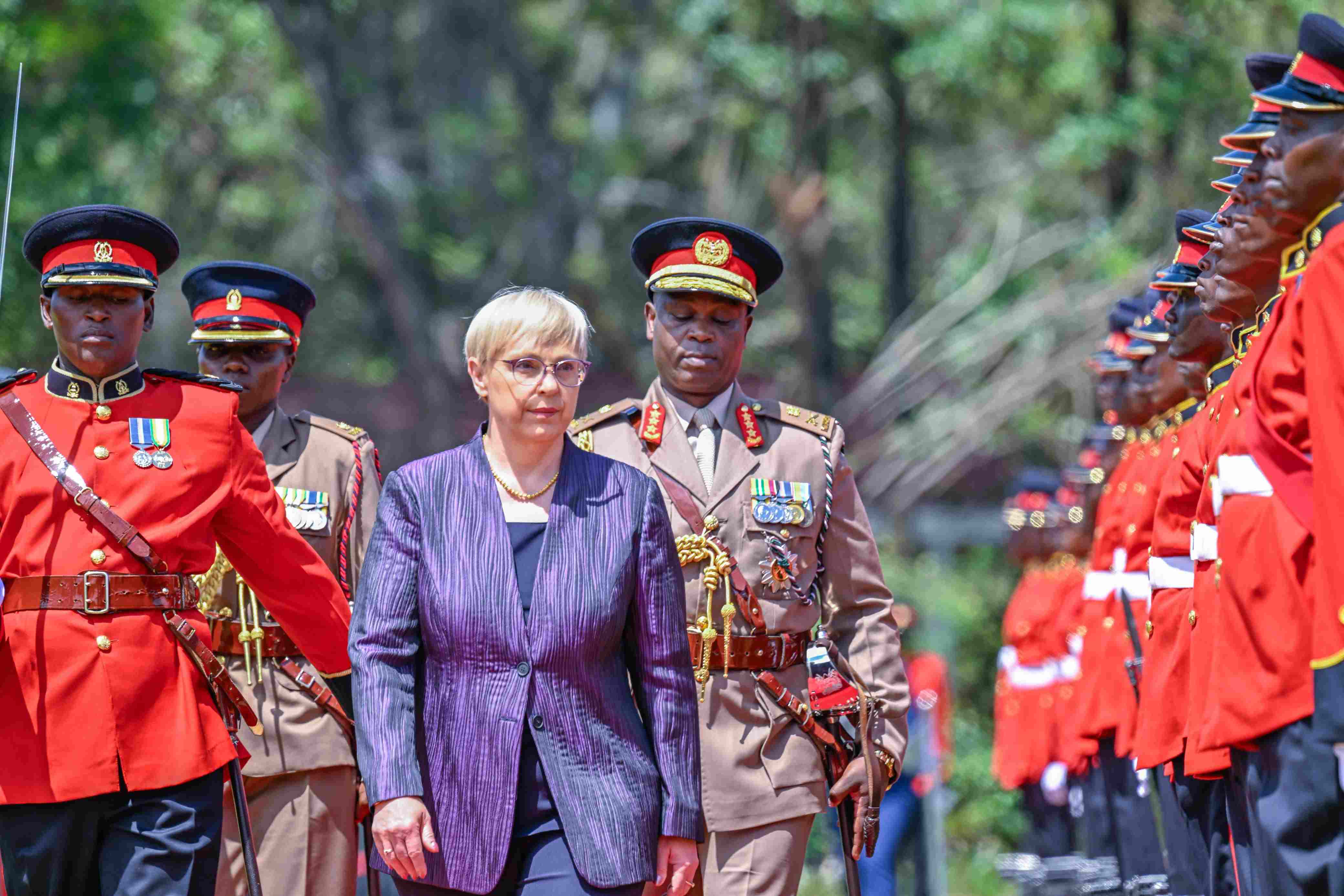World Bank urges Kenya to implement fuel carbon tax for Sh40.5 billion revenue boost
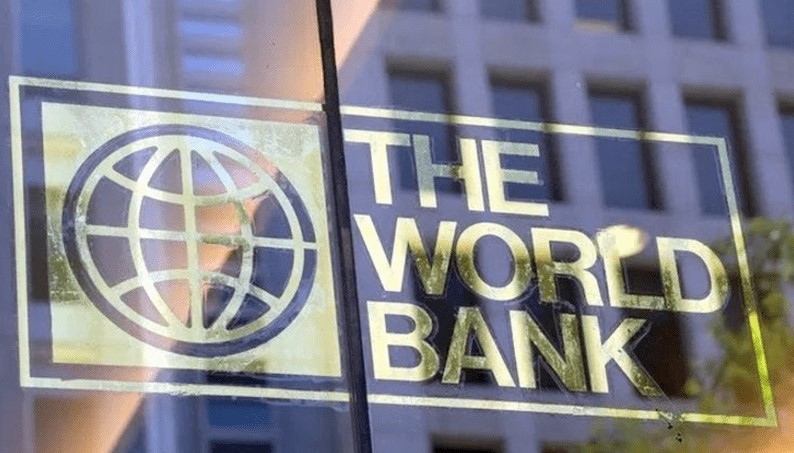
However, the Bank strongly recommends imposing the tax on fuels at the point of entry into the country, saying this would better reflect the true social cost of carbon emissions.
The World Bank is urging the Kenyan government to introduce a carbon tax on fuel, estimating that the measure could generate as much as Sh40.5 billion annually.
The proposal also aims to fast-track the country’s transition to a greener economy and support the achievement of the 2030 climate action goals outlined in the Paris Agreement.
More To Read
- Why Kenya risks losing billions if it ignores World Bank public sector reform recommendations
- World Bank urges scrapping of SHIF deductions for low-wage workers, cites threats to UHC goals
- World Bank warns of mounting fiscal pressure as Kenya faces debt distress risk
- African islands under threat: What to do about Trump’s withdrawal from climate change agreement
- World Bank: Africa risks missing growth dream amid rising conflict, fragile reforms
- Turkana to take over Sh2bn infrastructure project under Kenya–South Sudan Link Road Programme
In its latest 2025 Kenya Public Finance Review report, the lender notes that Kenya’s Medium-Term Revenue Strategy identifies the potential for a dedicated carbon tax and highlights that various options exist, including vehicle taxation.
“Vehicle taxation is part of Kenya’s current policy dialogue on fiscal consolidation and features in the Medium-Term Revenue Strategy,” the World Bank states.
However, the Bank strongly recommends imposing the tax on fuels at the point of entry into the country, saying this would better reflect the true social cost of carbon emissions.
“Rather than implementing vehicle taxation, taxing fuels at the point of entry into the country would also achieve its intended objectives and could be adapted to Kenya’s current implementation challenges,” the lender adds.
According to the report, introducing a carbon tax on imported fuels and gradually raising it to $25 per tonne of CO₂ by 2030 would yield additional revenues equivalent to about 0.25 percentage points of GDP by 2030. In real terms, this translates to approximately Sh40.56 billion.
While additional taxes on fuel are likely to increase the cost of living, particularly through their ripple effect on the prices of basic goods, the World Bank acknowledges this impact.
The Bank notes that the direct effect on consumption, especially through higher transport costs and inflation, would disproportionately affect poorer households.
To mitigate this, the World Bank recommends implementing the carbon tax alongside a safety net, funded from the revenue, to protect those at the bottom of the economic ladder.
“Poorer households spend proportionately more on transport than wealthier households do. This can be addressed through increased social transfers to poorer households,” it says.
The Bank proposes that 30 per cent of the revenue be allocated to cash transfer programmes for vulnerable households. These refer to payments made by the government or aid organisations directly to individuals or households in need.
Beyond the environmental and equity implications, the review notes that the proposed carbon tax could also enhance Kenya’s overall economic productivity. By internalising the cost of carbon, it would correct existing market distortions that make fossil fuel use appear artificially cheap.
In turn, this would encourage firms and consumers to adopt more sustainable practices.
Nevertheless, the lender acknowledges that Kenya has already made some progress, such as reducing VAT exemptions on fuel, which it describes as an environmentally conscious move.
It concludes that more still needs to be done, and that a dedicated carbon tax presents a timely and strategic opportunity.
Top Stories Today

